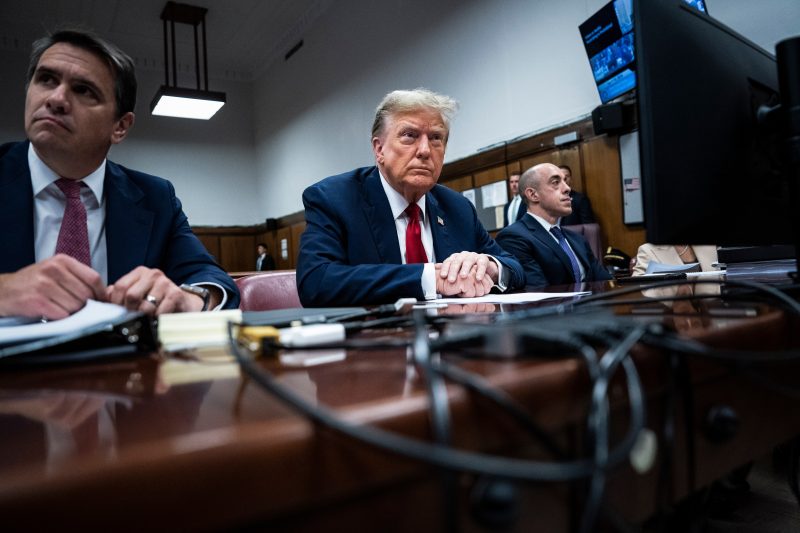In a dynamically shifting political landscape, the utilization of social media as a powerful political tool has never been more prominent. With the rise of social media platforms like Twitter, Facebook, and Instagram, political figures have found a direct line of communication to their constituents and a means to shape public opinion. One such figure who has capitalized on the potential of social media as a legal cudgel is former U.S. President Donald Trump.
Trump’s adept use of Twitter during both his campaign and presidency brought a new dimension to political communication. By directly engaging with his supporters and critics alike, Trump effectively circumvented traditional media channels, often using his tweets to set the news agenda for the day. This direct and unfiltered communication style allowed Trump to connect with millions of followers in real-time, shaping perceptions and rallying support for his policies.
Moreover, Trump’s use of social media went beyond mere communication; it also served as a legal cudgel. By leveraging his massive online following, Trump was able to mobilize public opinion in support of his legal battles and policy initiatives. For example, during his impeachment trial, Trump’s social media presence played a significant role in shaping public opinion and swaying the narrative in his favor.
Furthermore, Trump’s use of social media as a legal cudgel extended to his interactions with critics and opponents. Through targeted attacks and inflammatory rhetoric, Trump used his platform to discredit adversaries, sow doubt, and undermine their credibility. By weaponizing social media in this manner, Trump effectively used the court of public opinion to gain an upper hand in legal and political battles.
However, the use of social media as a legal cudgel is not without its pitfalls. While it can be a powerful tool for rallying support and shaping public opinion, the unfiltered nature of social media can also lead to backlash, misinterpretation, and legal repercussions. Trump’s provocative tweets often drew criticism for their inflammatory nature and sometimes even crossed the line into potential legal liabilities.
In conclusion, the utilization of social media as a legal cudgel represents a double-edged sword in the realm of politics. While it offers a direct line of communication to constituents and a platform to shape public opinion, it also presents risks in terms of backlash and legal consequences. Trump’s adept use of social media during his time in office exemplifies both the opportunities and challenges associated with leveraging social media as a political tool. As the political landscape continues to evolve, the role of social media in shaping public discourse and legal battles is likely to remain a key area of focus and contention.

